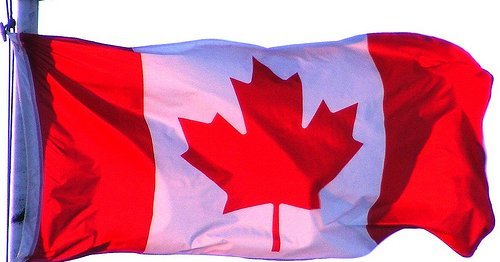Maybe this is why Canada was one of the first countries to establish relations with the Union. Based on a Framework Agreement signed in 1976, multiple sectoral agreements have since been signed between both parties, including one establishing a Framework for Cooperation in Higher Education, Training and Youth, which has led to numerous projects connecting university students from Canada and the EU, including two fascinating programmes: the EU Study Tour, for Canadian students, and the Thinking Canada Tour, for European collegiates.
Both the EU Study Tour and Thinking Canada Tour aim precisely at bridging the knowledge gap by introducing university students to Canada and to the EU. But what are they about? The programmes consist of an intensive three-week schedule filled with conferences and seminars on a vast range of subjects related to Canadian or EU institutions, and participating students travel across Canada or EU countries to attend the conferences. On the European side, the European Commission largely supports the Tour financially, which turns the programme into an amazing opportunity to travel and learn intensely as only a very good scholarship would allow you to do.
The EU Study Tour and Internship programme was first offered to Canadian university students in 2004. Since then, it has known growth and success: this year’s edition will welcome more than 50 students from more than 12 Canadian universities to Europe in May 2011. The students will attend seminars and events mainly in Brussels, but will also travel to Antwerp, Bruges, Frankfurt, Strasbourg and Luxembourg. The number of conferences and subjects covered during those three weeks are mind boggling, but among the programme’s partners, let’s mention the European Commission, the European Parliament, Eurostat, the European Central Bank, or the Council of Europe, just to name a few. If the list is already quite impressive, the internship opportunities offered after the Tour would also make Europeans envious: this year, more than 25 positions are offered in many of these institutions.
On the other side, 27 fortunate Europeans from many of the Member States inaugurated the Thinking Canada programme last September, and it brought them from an initial stage in Brussels to Quebec, Ontario and finally the Western province of British Columbia. They immersed themselves in Canadian political, economical and cultural institutions, and beyond gaining a better understanding of the other entity, students also got a glimpse of the rich cooperation that already exists between Canada and the EU. But most importantly, by sharing this experience with fellow Europeans, they also got to know themselves much better, what Europe means to the world and what it means to be European.
Students bring back knowledge with them to their home state, which fuels high level innovation, competitiveness and better job quality in the long run. These programmes ought to be known and supported, as they offer unique opportunities and experiences to Canadian and European students.

Follow the comments: |
|
